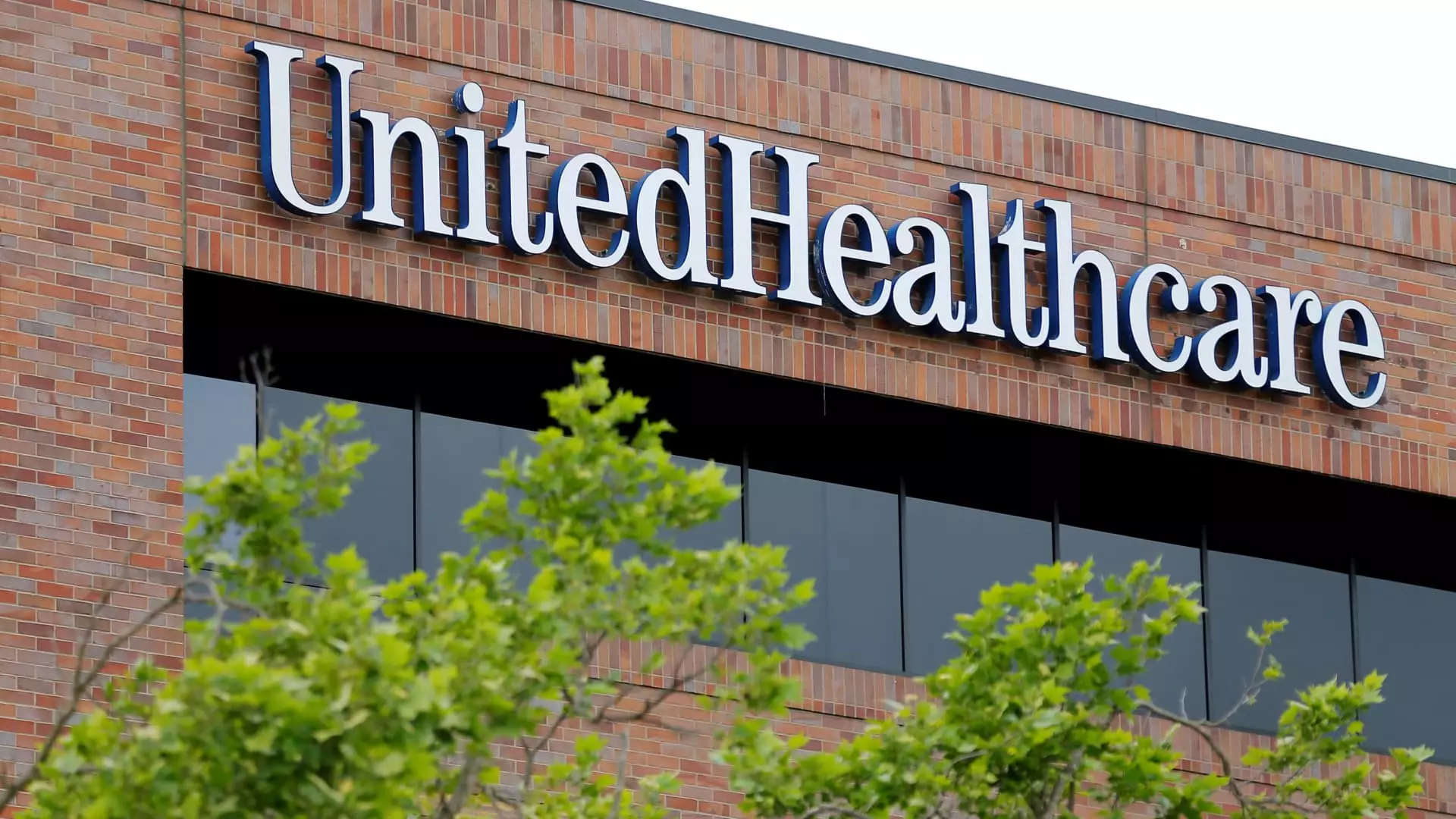UnitedHealthcare, the largest private health insurer in the United States and a subsidiary of UnitedHealth Group, finds itself embroiled in a series of significant controversies that have raised questions about its operational integrity and have led to financial instability. Recent events, including a civil fraud investigation, employee buyouts, and public disputes with prominent investors, suggest that the company is undergoing a turbulent period, marking a stark contrast to its position as a market leader in the healthcare industry.
The troubles for UnitedHealthcare escalated when the Department of Justice (DOJ) announced a civil fraud investigation concerning the company’s billing practices for Medicare Advantage plans. Reports indicate that the investigation is delving into whether the insurer improperly obtained additional payments by manipulating diagnoses in the plans it manages, particularly through physician groups owned by the insurer itself. This scrutiny follows previous allegations that Medicare overpaid UnitedHealthcare based on questionable claims last year, highlighting what many see as patterns of potentially unethical behavior in order to bolster profits.
The implications of such an investigation are severe, not only for UnitedHealthcare’s reputation but also for its financial health. A decline in consumer trust can lead to decreased membership in their plans, consequently affecting revenue streams. Furthermore, if the company is found guilty, the financial repercussions could be immense, possibly resulting in hefty fines and a reevaluation of their business practices. The timing of the investigation cannot be overlooked as it follows a series of challenges that have plagued UnitedHealth Group over the past year.
Recent developments have not been kind to UnitedHealth Group’s stock performance. Over the last three months, shares have plummeted approximately 23%, with a notable 9% drop occurring after news of the DOJ investigation broke. These figures indicate investor anxiety surrounding the company’s future and could reflect broader concerns regarding its operational transparency and governance.
In response to financial pressures, UnitedHealthcare has initiated buyouts and hinted at potential layoffs, signaling distress in its operational efficiency. The goal appears to be a strategic shift towards leveraging digital technologies that could streamline processes and cut costs. However, this may have broader implications for employee morale and retention, as layoffs can lead to uncertainty among staff and could affect the quality of service provided to members.
Amidst these internal challenges, UnitedHealthcare has also found itself at odds with prominent figures in the investment community, notably billionaire Bill Ackman. His public advocacy for a Texas doctor’s claims against UnitedHealth Group, which suggested the insurer was unreasonably denying medical procedures, serves as a broader critique of the industry. This type of scrutiny could catalyze a public relations headache for the company, as evidenced by Ackman’s call for investigations by regulatory bodies like the U.S. Securities and Exchange Commission.
The combination of positive and negative press surrounding UnitedHealthcare’s practices points to an urgent need for accountability and reform within the healthcare insurance sector. The company has responded to these allegations by labeling reports of fraud as “misinformation,” an assertion that does little to quell public skepticism or investor concerns.
Compounding these challenges, UnitedHealthcare has faced residual effects from a significant cyberattack on its subsidiary, Change Healthcare, which compromised sensitive health information for around 190 million individuals. The financial repercussions of this breach have cost the company over $3 billion in damages. Such incidents not only affect the bottom line but also lead to a crisis of confidence among consumers regarding data security in the healthcare sector.
The sudden death of former CEO Brian Thompson last December also created instability within the organization. His passing unleashed an aura of uncertainty and resentment among stakeholders, exacerbating the already critical sentiment towards the insurance industry. Leadership turbulence can impede strategic decision-making and may prevent the company from effectively navigating the regulatory and operational landscapes currently threatening its stability.
As UnitedHealthcare faces mounting scrutiny from government investigations, financial pressures, public disputes, and leadership challenges, the future remains unsettled. Addressing operational transparency and ethics is paramount if the company hopes to restore both its reputation and investor confidence. Moving forward, the ability of UnitedHealthcare to implement meaningful reforms that prioritize patient care without sacrificing financial integrity will be instrumental in shaping its legacy amid an environment demanding greater accountability from health insurers.

